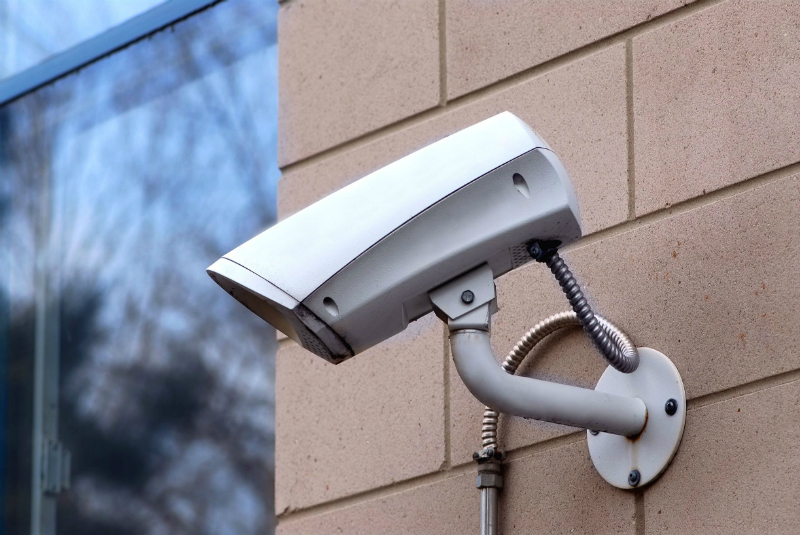Fire Alarm System in Chicago
Do you need help with fire alarm systems in Chicago? A fire alarm is crucial to the life safety of a building’s occupants. Even though fire alarms can seem a bit daunting, they are actually easy to understand. The brain of any fire alarm is called the Fire Alarm Control Unit.
Fire Alarm Control Unit or FACU
The FACU is the system’s brain, monitoring all the inputs and controlling the outputs. Sometimes, technicians refer to them as the fire alarm control panel. They can display three codes to alert users: Alarm, Supervisory, and Trouble. Depending on these messages, a signal may or may not be sent to the supervising station.
Alarm
Alarm conditions mean an immediate threat to life, property, or mission. One example would be a smoke detector signaling the FACU about the smoke’s presence.
Trouble
Trouble conditions tell you that there is an issue with the actual system. For example, something may have broken the initiating device’s circuitry.
Supervisory
Supervisory conditions indicate an issue with the system, process, or equipment. An example of this would be the sprinkler system valve being closed, and this should show up on display.
Initiation
Initiating a fire alarm can involve several systems, pieces, and components. First, an initiation device has to let the FACU know that there is a fire. These devices include heat detectors, smoke detectors, and water flow switches. Depending on the system, an initiating device’s signal sounds the alarm or creates the supervisory condition.
Contact Alert Protective Services, LLC, for more information.
